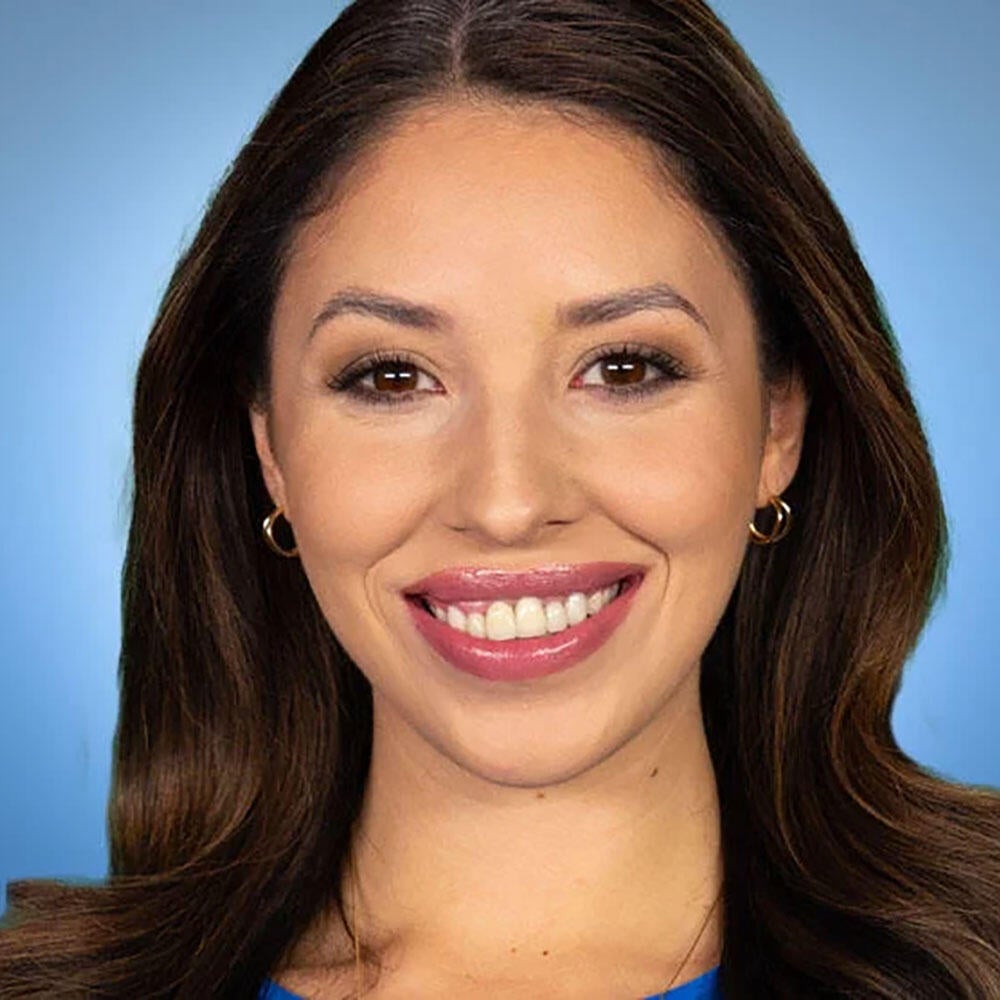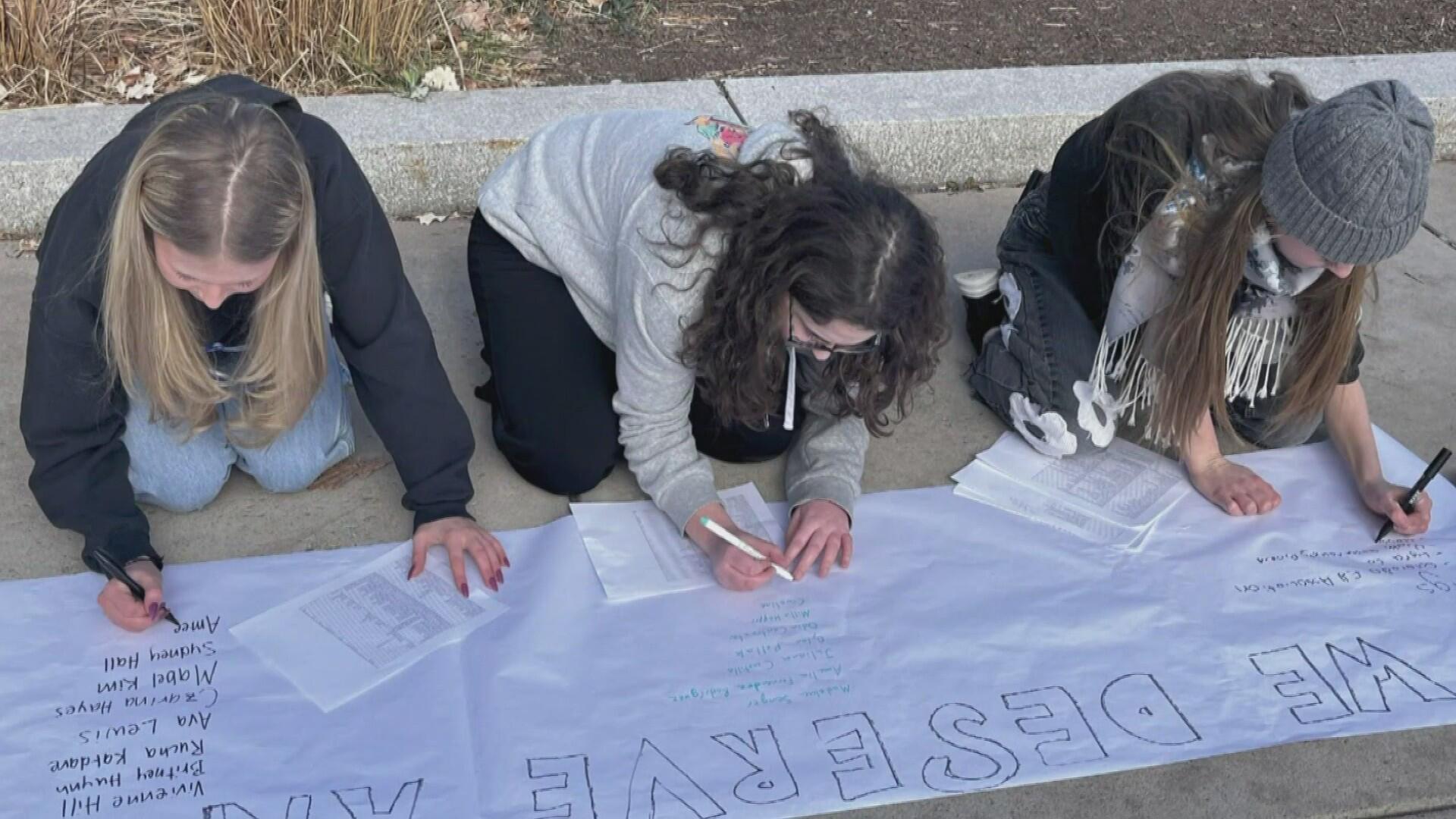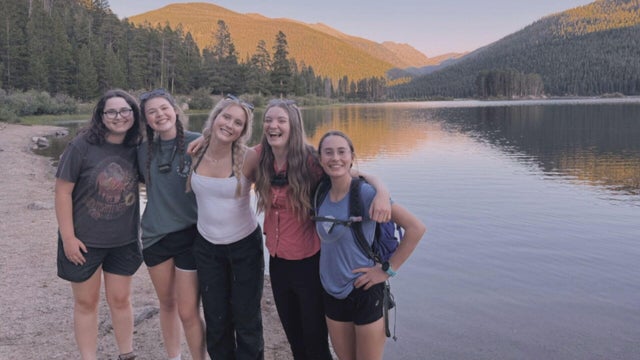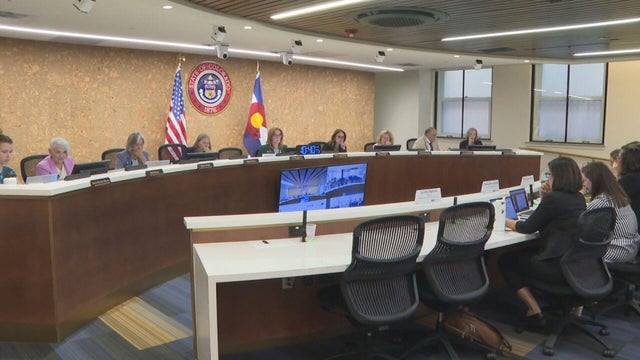Students lead efforts to change Colorado science standards to include more education about climate change
Students drove change in what Colorado public school students are expected to know about climate change. With a bipartisan 7-2 vote, the State Board of Education voted on Thursday to change science standards so K-12 students are expected to study climate science.
Aisha O'Neil, a sophomore at CU Boulder, rallied other students around the state for change. She said prior to the State Board of Education's vote on Thursday, climate change was only referenced twice in Colorado's science standards. She argued that was not enough.
"I remember learning about climate change once, and that's it," said O'Neil, who said climate change is a real concern for her and many others. "Climate anxiety is one of the most difficult issues that my generation faces."
O'Neil said it's easy for students to lose hope, not learning about climate literacy.
"I think that education is the only way we can ensure students have the opportunity to be hopeful about this crisis. So that's my that was our main goal in advocating for changes in climate standards, which was that it could encourage students to feel hopeful about their future instead of just despair," said O'Neil.
She founded the Good Trouble Climate Network – composed of 20 schools across Colorado advocating for a change in science standards. She also testified this week in front of the state board of education.
"Students across our state, from Leadville to Denver to Colorado Springs, desire climate education enough to advocate for it," O'Neil said during her testimony.
Republican Steve Durham, who sits on the State Board of Education, believes teachers are in some ways responsible for how students view climate change.
"They're not teaching these kids to think. If they were teaching them to think, they wouldn't live in fear cause there's not anything to be afraid of," said Durham. "Somebody out there has somehow convinced these kids that the world is near coming to an end, it's a news flash, but it's not."
Durham was among the two "no" votes. He said fossil fuels are more affordable and reliable than other forms of energy.
"If we have some kids complaining, and apparently it's a large number who are mentally ill or afraid or live in fear of climate change, there's a big problem out there with the curriculum we already have," said Durham.
O'Neil said she'll continue to advocate for climate change education moving forward.
"Climate education shouldn't be political. It's just preparing my generation for our future," said O'Neil.
On Thursday, the new standards were solidified and adopted. School districts will have two years to transition to the new standards.




